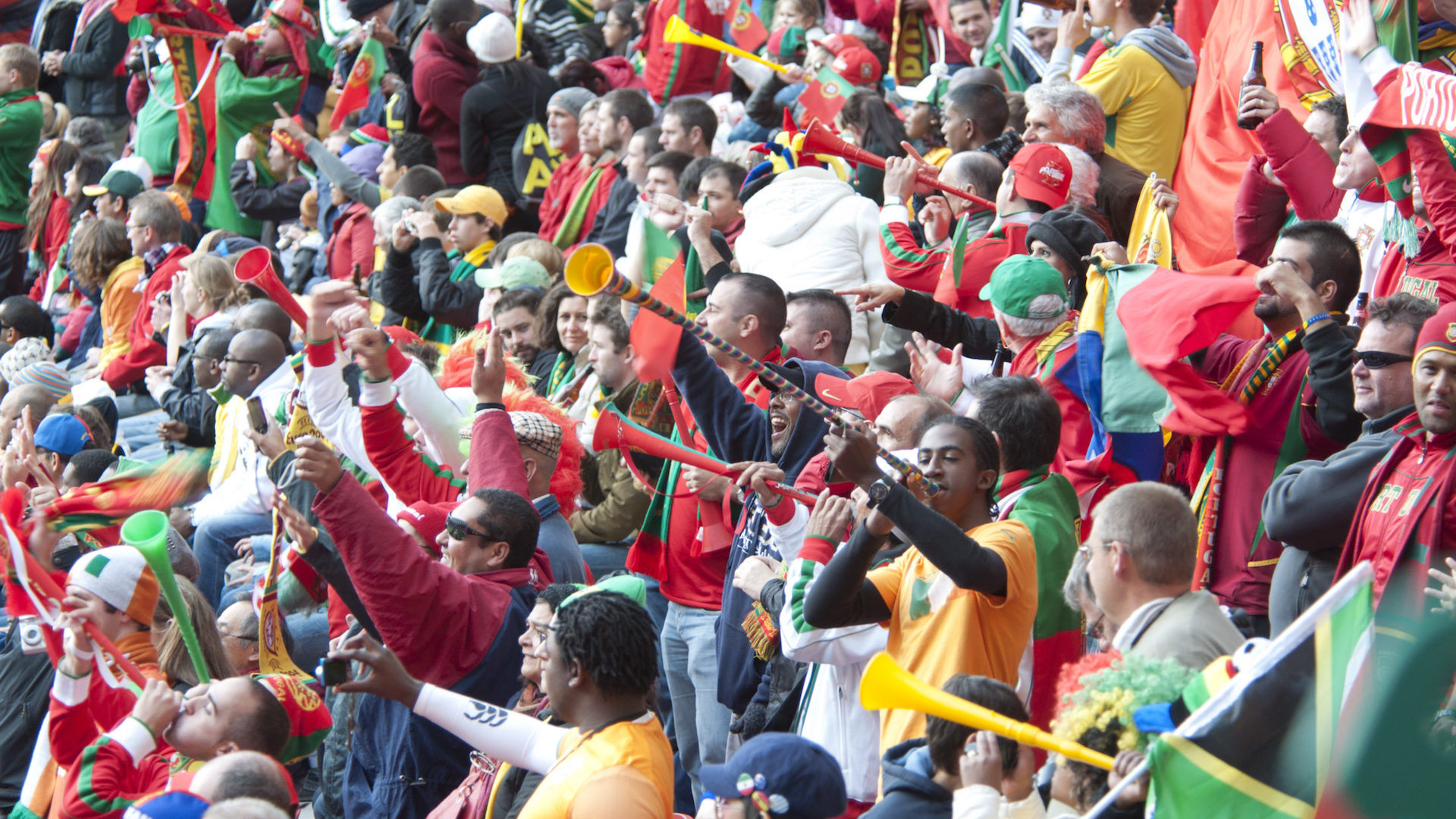
Peru’s national soccer team succumbed to France on June 21 in a 0–1 loss, ending their 2018 World Cup dream. Tears streamed down many cheeks in Ekaterinburg Arena and over forty thousand Peruvians suddenly had more free time to mill around Russia. But what matters, what Peruvians savor, is that after thirty-six years on the outside, they contended as a World Cup team. No longer watching from the sidelines, they got in the game. Arriba Perú!
During the World Cup or the Olympics, the world seems more fair. Countries of disparate political, social, and economic power play as equals. But the only arena in which people of all backgrounds truly do get to participate as equals all the time is in the church of Jesus Christ. He calls all to participate, and he gives all members spiritual gifts and power, equipping everyone to take the gospel to others. Rich, poor, Jews, Greeks, men, women—all.
We are Not the Hero
Despite the biblical record of equitable participation, self-perception of the church in many nations does not line up. This is why books like Jean Johnson’s We are Not the Hero are written. As Paul Borthwick said in Western Christians in Global Mission, “More and more countries are owning the vision to be part of the global Christian missionary enterprise. We hear it in the phrase that the church is going from every nation to every nation” (p. 37).
“The only arena in which people of all backgrounds truly do get to participate as equals all the time is in the church of Jesus Christ.”
So why is it so easy for us as the US church to still think of ourselves—even subconsciously—as the mission force and the rest of the world as the mission field? And why do so many believers in other nations seem to concur?
Peru’s World Cup experience helps us answer the question. During thirty-six years on the sidelines, “We had a defeated spirit,” Eduardo Alfaro, a Peruvian in his fifties, explained. Social upheaval shrouded Peru’s football glory days in a war between the government and Neo-Maoist terrorists of the Shining Path Movement that lasted from 1980 to 2000.
As for football, “We were conditioned to lose. We didn’t have the spirit to win,” Alfaro said. No longer contenders, most Peruvians rooted for Brazil instead, which became Peru’s team by proxy. Peruvians came to believe they weren’t World Cup material. Peruvian football heroes were legends of the past.
In 2015, however, all that changed. Newly appointed manager Ricardo Gareca started to foster a team mentality, a winning mentality. Peruvians united behind their team as the World Cup dream appeared more and more attainable. But the press focused on star player Paolo Guerrero. All the publicity made Peruvians believe “Guerrero would be our savior,” Alfaro said. “The coach did not put Guerrero in the first part of the first game because he wanted the team to see themselves as a team and not look to one individual.”
But, Alfaro said, the press had already made the nation and the team believe their hope of winning rested on the star player’s shoulders. “The press is what divided and turned the team into individuals and sowed fear, giving the idea that without Guerrero it would not be possible to win. Actually, without him, they might have gelled better as a strong team.”
Sending the Wrong Message
Bad messaging has historically divided and weakened the global church as well. Colonialism perpetuated the fallacy that conquering countries were inherently better at building and establishing than those they colonized. Despite the eventual political autonomy of colonized countries, the inferiority complex—and the West’s corresponding superiority complex—persisted, even in the churches.
“This concept of a few nations with fancy resources being the players and the rest of the world being the mission field is as outdated as colonialism.”
“We Peruvians never had the idea that the one to bring the gospel would be a national,” Alfaro said. “Rather a . . . European or American missionary—all the more if it were a white person. There was the idea that the privilege of bringing the gospel belonged to white people. This concept came from generations back—from our ancestors. Missions always was foreign. It came from elsewhere.”
Alfaro explained that Peruvians always consider a person to be more qualified if he is European or American, white, and tall. Peruvians think this about doctors, politicians, and religious leaders. Alfaro said this stereotype is starting to loosen its hold on Peruvians, but it still pervades. And the mindset is not unique to Peru.
Going Back to the Playbook
This concept of a few nations with fancy resources being the players and the rest of the world being the mission field is as outdated as colonialism. You won’t find that in the playbook. In Scripture, those who receive, give. When it comes to making disciples of all nations, the church in every country qualifies, based on the redeeming sacrifice and calling of Christ.
The self-perception of national churches in Peru and other Majority World countries is changing as they delve into missions and ministry—players in their own right and equal partners with Western churches. They do not want to be anyone’s charity object or ministry project. They simply want the opportunity to participate, to get in the game. And we praise God that Majority World Christians are with us—partnering, leading, and serving.
As the body of Christ, we are one team. We can learn from Peru’s mistake of looking to Paolo Guerrero as the team’s savior and squelch the divisive notion that the church in any one or a few countries determines the outcome of mission endeavors. The only one we look to as a Savior is Jesus Christ. The rest of us throughout the world are only servants, like Paul and Apollos, through whom the nations may believe.
Jennifer Waldrep is an IMB missionary in Lima, Peru.

